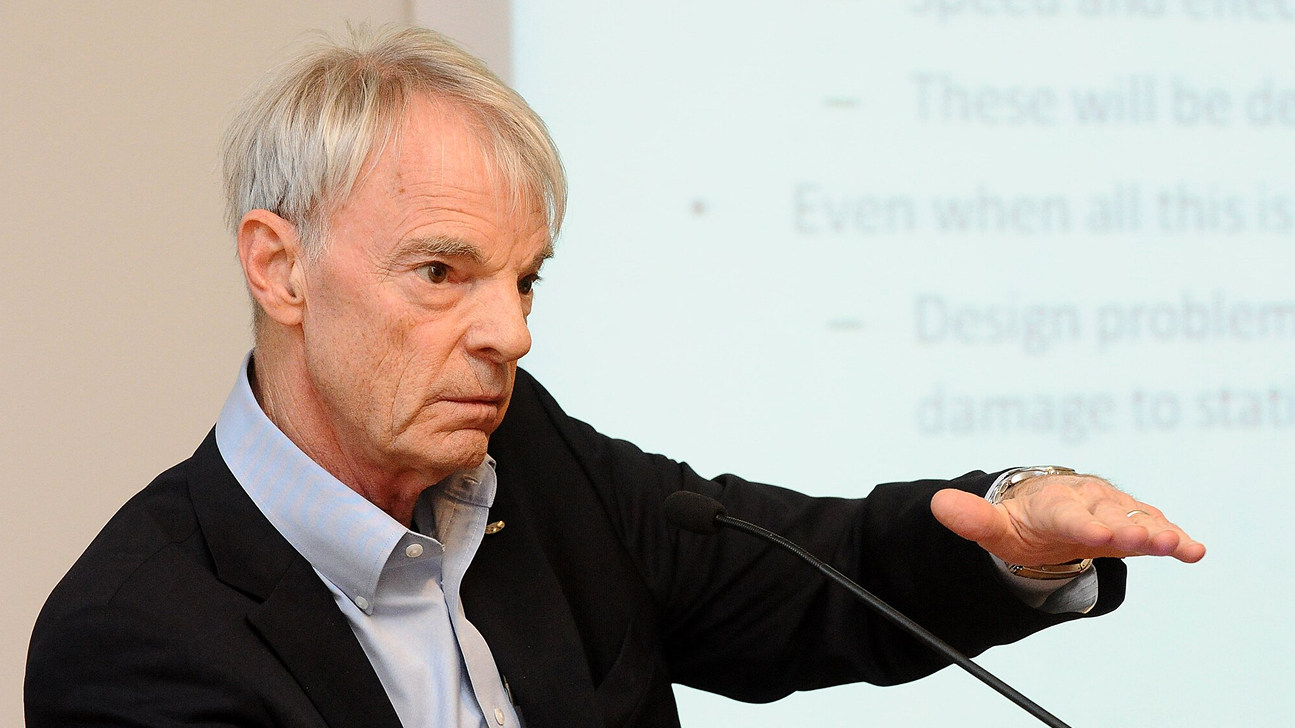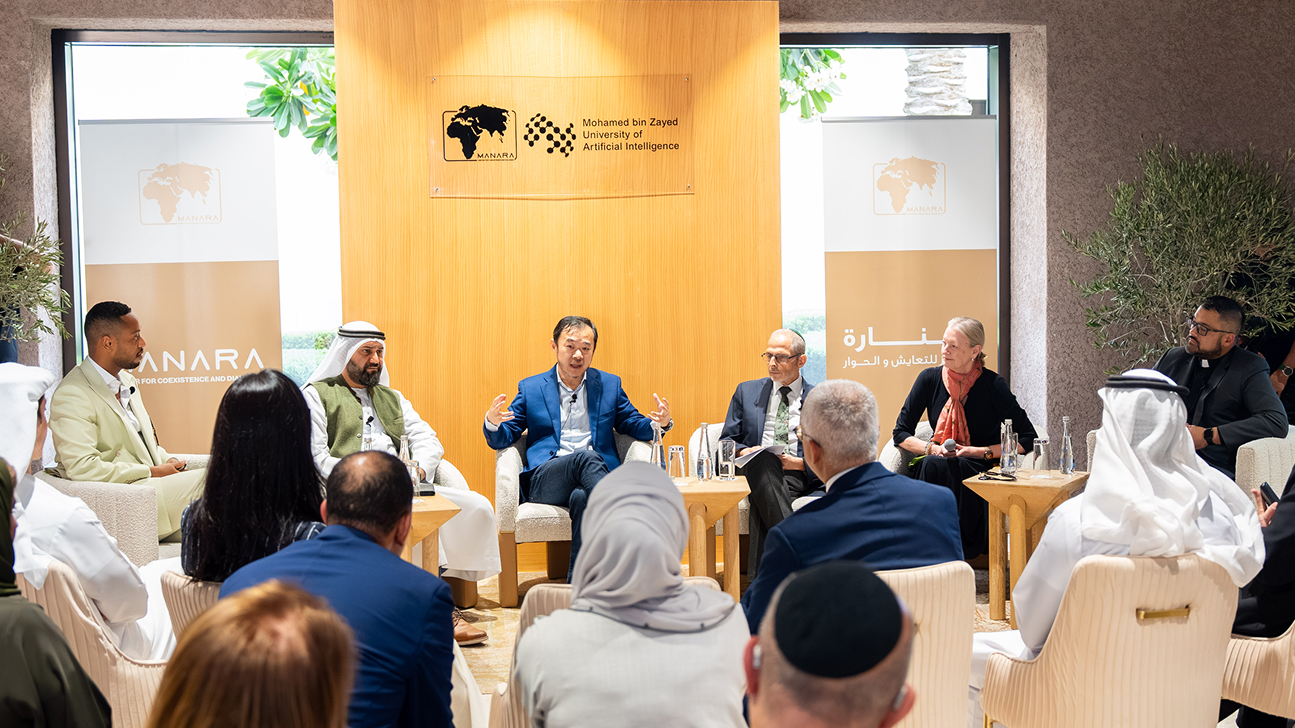Learning to Cooperate in Multi-Agent Systems
Thursday, February 29, 2024
In the rapidly evolving landscape of artificial intelligence, envisioning a future where diverse ecosystems of AI systems intricately interact among themselves and with humans has become increasingly relevant. From collaborative industrial robots operating alongside workers on factory floors to care robots supporting health professionals, and personal AI assistants managing schedules in rudimentary ways, the integration of AI into our daily lives underscores the critical need for effective and reliable coordination among agents and between agents and humans. This endeavor poses a significant challenge, particularly in environments where the limitations of feedback mechanisms in practice can lead multi-agent learning to converge on equilibria that diverge from human expectations.
Addressing this challenge necessitates the development of AI systems capable of collaborating with other AI systems and humans across a variety of contexts, giving rise to the agent alignment problem. This problem centers on the creation of agents that not only act in harmony with user intentions but also possess the flexibility to adapt to evolving circumstances. The pursuit of AI alignment extends beyond individual interactions, extending to the incorporation of broader societal considerations. It requires to consider the perspectives of individuals as well as the norms, expectations, and values of the affected groups. In this presentation, I will provide an overview of the problem, highlighting our contributions to understanding and enhancing collaboration within social contexts, fostering human-AI coordination, and achieving scalable alignment.
Post Talk Link: Click Here
Passcode: Jx715*P^
Speaker/s
Dr Yali Du is a Lecturer (Assistant Professor) in AI at King’s College London. She leads the Cooperative AI Lab. Her research aims to enable machines to exhibit cooperative and responsible behaviour in intelligent decision making tasks leveraging reinforcement learning and foundation models. Her research interests include multi-agent cooperation, human-AI coordination, and scalable alignment, which includes human value learning, safety, and ethics. She was chosen for the AAAI New Faculty Highlights award (2023), Rising Star in AI 2023. She has given tutorials on cooperative multi-agent learning at ACML 2022 and AAAI 2023. She serves as the editors for Journal of AAMAS and IEEE Transactions on AI, and organising committee for AAMAS 2023. Her research is also supported by the Engineering and Physical Sciences Research Council (UKRI-EPSRC).
Related
Nobel Laureate Michael Spence on how AI is redefining the global economy
Nobel Prize-winning economist Michael Spence explains how AI is reshaping the economic landscape and what is needed.....
- digital policy ,
- governance ,
- Nobel Prize ,
- guest talk ,
- guest lecture ,
- economics ,
- Economy ,
- Undergraduate ,
Understanding faith in the age of AI
MBZUAI hosted a panel discussion in collaboration with the Manara Center for Coexistence and Dialogue focused on.....
- connection ,
- discussion ,
- religion ,
- spirituality ,
- faith ,
- conversation ,
- panel ,
- Human–computer interaction ,

